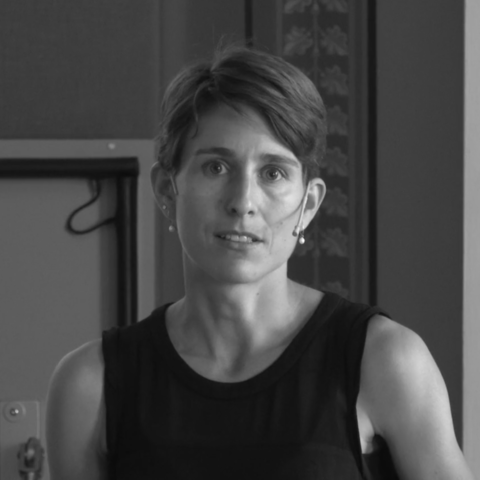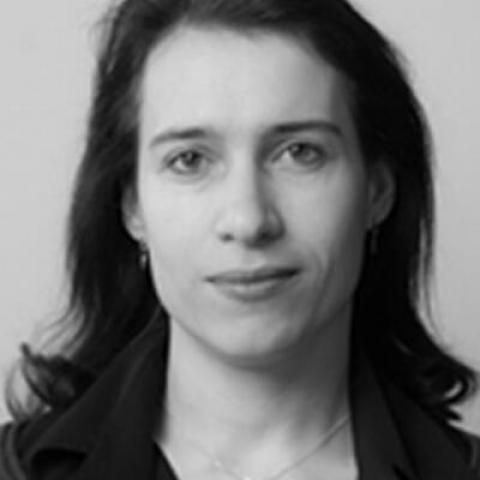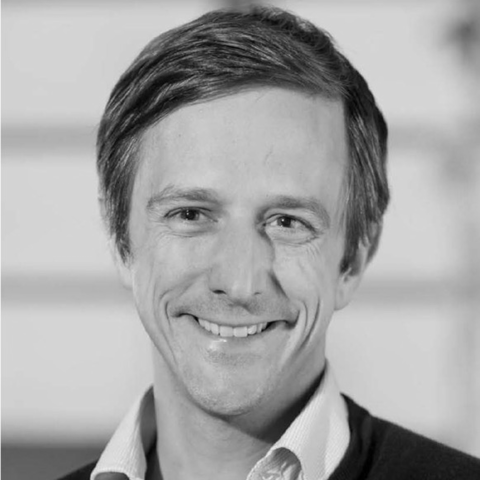Summer School 2022
The 2022 edition of our Open Science Summer School was a great success! From 11 - 15 July, participants had the opportunity to gain a deeper insight into the world of open data, research data management, and open access.
Most of the presentations are now online. Click on the topics you're interested in under "Lectures" and download them for free.
Reading Material +
Do you want to learn about Open Data and what it means to make your data FAIR? Do you have to write a data management plan for a current or future project but don’t know where to begin? Are you unsure about copyright or how to manage your sensitive data? Are you confused about the various Open Access publishing options and struggle to find a trustworthy journal? Apply for our Open Science Summer School, and have your questions answered!
In the vast majority of academic disciplines, competences related to data management have become essential, not least because the research environment of today is increasingly data-driven. What is more, the shift towards Open Science, that is, the shift towards open access to data and publications, is progressing rapidly. Funders require that research results be made publicly available without restriction, aiming to make science or the generation of knowledge more open, transparent, and collaborative.
During the UZH Open Science Summer School, you will have the opportunity to gain a deeper insight into the world of Open Data, Research Data Management, and Open Access. National and international experts will guide you through hands-on workshops and provide theoretical input on various topics related to these subfields of Open Science. You will spend an entire week focusing not only on the opportunities that Open Science has to offer, but also on the (disciplinary) challenges that may come along with it.
Topics of talks and workshops include:
- Open Data, FAIR Data, and the reproducibility of research
- writing a data management plan
- Research Data Management infrastructures
- copyright and licenses
- how to deal with sensitive data
- Open Access publishing
- predatory journals
- Open Peer Review
Target audience
We welcome applications from doctoral students and postdocs of all Swiss universities, universities of applied sciences and universities of teacher education, as well as of all academic disciplines. Doctoral students can earn 2 ECTS. All talks and workshops will be held in English, and fluency in both spoken and written English is therefore required. (Requirement: working with data?)
Dates
July 11-15, 2022
Venue
The Summer School will take place at the University of Zurich (City Campus) and the Zentralbibliothek (Zurich Central Library).
Registration costs
CHF 100 per participant. This includes materials, snacks, and three optional social events from July 11-15, 2022. Travel to and from Zurich, as well as accommodation in Zurich, will have to be covered by the participants.
Speakers +
-

Dr. Aude Bax de Keating
swissuniversitiesIn 2018, Dr. Aude Bax de Keating joined swissuniversities and became the Open Science Program Portfolio Manager. In 2019, she was selected by the Agence Nationale de Recherche (ANR) in Paris to become one of the youngest female open science committee experts. In 2021, she was appointed as the new co-coordinator of the Open Science Program from swissuniversities starting January 1, 2022.
-

Dr. Pablo Diaz
FORSPablo Diaz works as a Research Associate at FORS. Diaz's research topics address policy transfer, development policy, social protection, international organizations, and qualitative research methodology.
-

Dr. Susanne Flach
Susanne Flach is a Senior Teaching and Research Assistant in English Linguistics at the University of Zurich.
-

Dr. Eva Furrer
Center for Reproducible Science at UZHEva Furrer is the managing director of the Center for Reproducible Science (CRS) at the University of Zurich. Furthermore, Furrer is a scientific staff member at the Epistemiology, Biostatistics and Prevention Institute. She specializes in statistics, reproducibility, and Open Science.
-

Dr. Johanna Havemann
Access 2 PerspectivesJohanna Havemann offers courses and trainings in the fields of science communication, scientific project management and career development with a focus on digital applications for science under the label Access 2 Perspectives. One of her initiatives aims to strengthen research on the African continent through Open Science.
-

Dr. Marieke Heers
FORSMarieke Heers works as a Senior Researcher at FORS. Heers specializes in the collection, processing, and analysis of quantitative data in the areas of educational research and family demographics.
-

Katherine Hermans
Open Science Office, University of ZurichKatherine Hermans is the co-director of the Open Science Office of University of Zurich. She is a former journalist and founder of the organization "Global Changemakers", which supports social projects by young people.
-

Dr. Rachel Heyard
Rachel Heyard is a postdoctoral researcher at the Center for Reproducible Science at the University of Zurich.
-

Manuela Höfler
Open Science Office, University of ZurichManuela Höfler is the co-director of the Open Science Office at the University of Zurich. She previously worked as a communications officer for the Swiss Federal Archives, which built up the federal open data portal.
-

Gavin Lee
Gavin is a Data Science Engineer at the Swiss Data Science Center (SDSC) in Zurich. He holds an MSc in Computational Science and Engineering from EPFL as well as a BSc in Financial Mathematics and Statistics from the University of Sydney.
-

Prof. Dr. Basma Makhlouf Shabou
Information Science at HEG GenevaBasma Makhlouf Shabou is Head of the Master's program in Information Science at the Geneva Graduate School of Management (HEG). Her archival research as well as her lectures and publications concentrate on the appraisal of archives, the quality dimensions of archives, and on the accessibility of public data.
-

Dr. Izaskun Mallona
Department of Molecular Life Science, University of ZurichAfter Izaskun Mallona earned her PhD in plant developmental biology in 2012, she switched to epigenomics and released several methods and tools to analyze, browse and visualize epigenetic data. As a biologist and computer engineer by training, she is interested in the interface between life and computer sciences, and advocates for open source and open science.
-

Suzanna Marazza
Università della Svizzera italianaSuzanna Marazza works as a legal expert at the eLearning Lab of the Università della Svizzera italiana, and is engaged in several projects dealing with digital law issues. She also works for projects such as CCdigitallaw, DMLawTool, and MAPAW.
-

Dr. Paola Masuzzo
Institute for Globally Distributed Open Research and Education (IGDORE)Paola Chiara Masuzzo was born in Italy and works as a data scientist in Belgium. Masuzzo is an advocate of Open Science and independent researcher at IGDORE, where she promotes open research and knowledge. She's a big fan of Open Data and the tv series Seinfeld.
-

Dr. Cyril Matthey-Doret
Cyril Matthey-Doret works as a Data Science Engineer at the Swiss Data Science Center (SDSC). He holds a Ph.D. in Computational Biology from Sorbonne University and the Institut Pasteur in Paris.
-

Prof. Dr. Eva Maria Méndez Rodriguez
Department of Library and Information at Universidad Carlos III de MadridEva Maria Méndez Rodriguez is an expert on metadata, the semantic web, Open Data repositories, and information policy. She is also a member of various committees and advisory boards, including the Dublin Core Metadata Initiative (DCMI) and OpenAIRE.
-

Dr. Lionel Perini
Swiss National Science FoundationLionel Perini holds a PhD in Economics and works as a Scientific Officer for the humanities and social sciences division of the Swiss National Science Foundation in Berne. He co-authored the SNSF monitoring report 2017-2018 on Open Research Data.
-

Dr. Oliver Renn
Head of the Chemistry | Biology | Pharmacy Information Center, ETH ZurichOliver Renn joined the ETH Zurich in September 2012 as Head of the Chemistry | Biology | Pharmacy Information Center. He has a PhD in bioinorganic Chemistry and used to work in cancer research, but also wrote hands-on articles on scientific publishing, communication, and life-long learning.
-

Prof. Dr. René Schneider
Information and Documentation Department at HEG GenevaRené Schneider is Head of the Information and Documentation Department at the University of Applied Sciences Geneva (HEG). Schneider is one of the authors of the Open Science Training Handbook.


















